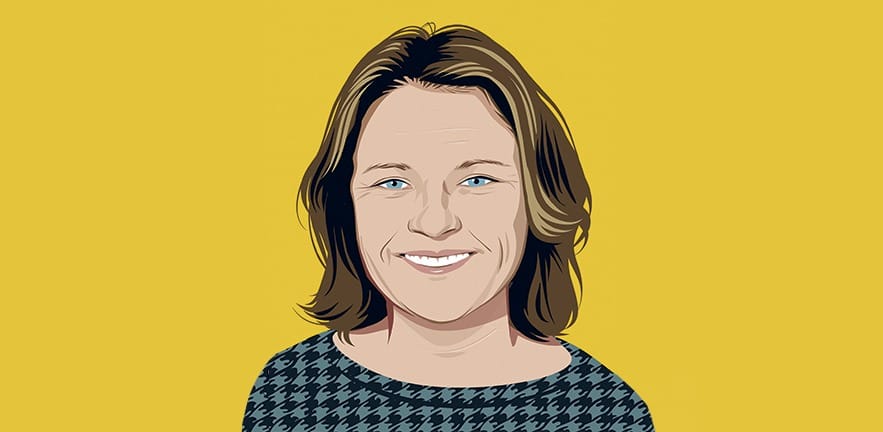Antonia Croke, senior associate at Ashurst LLP, argues that culture change is possible.

I wholeheartedly believe in diversity. I had a mother who worked and a grandmother who firmly believed in educating women, and I believe that if you give women the opportunity, they will demonstrate how valuable they are. Firms combat diversity challenges in different ways – some with quotas or targets, others with mentoring or sponsorship to give women the tools they need.
I think you have to manufacture change from the top down so it can slowly reach a critical mass. When you start getting a more equal split of men and women in meetings and in boardrooms, then all of a sudden you have a different dynamic.
At Ashurst, I’ve helped set up mentoring schemes for women, mixing junior and senior associates from different departments – all of whom have chosen to be there. You need to engage with mentoring to reap the benefits, but those benefits are real: confidence, and a support network within the firm. It’s really hard to get it right and we need to review and revamp regularly.
Working women need to share more knowledge, ideas and our networks with each other so that we can all be pulling more women up the ladder together. With support I see my future in the next five years as a partner at Ashurst, likely in one of our many global offices, but still remaining closely connected with my London colleagues and therefore in a position to mentor, coach and ultimately sponsor other Ashurst women towards success in their careers.
Of course I do think our industry is changing. At my firm slightly more than a quarter of our executive committee are women and we now have four strong senior female partners on the board, including Angela Pearson who has supported and mentored me throughout my time at Ashurst. We’ve also been looking at the broader picture both within and outside the firm: actively promoting women, and putting on and attending events with clients.
But one of our big challenges is engaging men in gender diversity issues and trying to help them understand some of the hurdles we face. While we as a firm and a profession are now hosting many gender diversity events, most of the time all the attendees are women and we are therefore just re-educating the educated. We need to cross the barrier and go further, and one idea we are working on is a “bring a date” initiative: if everyone is tasked with just getting one man to attend then that could really get bums on seats and perhaps break down the barriers some men have about being one of few male attendees present.
I think the recipe for career success for women is not very different to that for men: it comes down to three things: sponsorship – someone to fight your corner and put you forward in meetings; mentoring – not one, but a broad board of supporters who can offer different things; and professional executive coaching – in the same way you’d have a tennis coach or a personal trainer.
But ultimately, my advice is to follow what you like and what you’re good at – the rest will come eventually.

